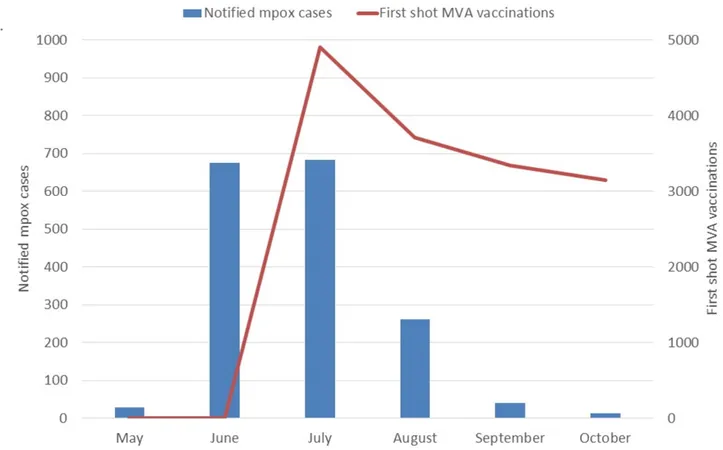
Alarming Rise in Silent Mpox Infections Among MSM in Berlin: What the Latest Study Reveals!
2024-10-14
Author: Sophie
Recent findings from a seroprevalence study in Berlin, Germany, indicate a concerning prevalence of clinically undiagnosed mpox (formerly known as monkeypox) infections among men and transgender individuals who have sex with men (MSM). The research highlights a severe gap in diagnosis, particularly following the mpox outbreak that began in Europe in May 2022.
Mpox is caused by the monkeypox virus (MPXV), which belongs to the Orthopoxvirus genus within the Poxviridae family. Historically, outbreaks of mpox had been rare outside of Africa, with sporadic cases being reported until the unprecedented events of 2022. More than 100 countries have now reported cases, with the outbreak primarily attributed to the clade IIb variant of the virus. Unlike prior outbreaks, which often involved isolated cases, this wave of infections has seen concentrated transmission among MSM populations, especially during sexual events and in venues conducive to such gatherings.
Berlin has become a notable hotspot, logging approximately 1,762 cases as of April 2024. After initial surges in infections, reported cases significantly dropped by late 2022, with no new cases between January and July 2023. However, recent reports indicate a resurgence since August 2023, albeit at markedly lower levels than the previous year.
The study conducted between April and June 2023 involved MSM who were recruited from various healthcare settings specializing in HIV and STI prevention. Participants provided blood samples and completed questionnaires regarding their sexual behaviors, mpox diagnoses, and vaccination history, specifically focusing on the Modified Vaccinia Virus Ankara (MVA)-based vaccine, which had been distributed amidst the outbreak.
Astoundingly, the research revealed that a significant 69% of study participants tested positive for antibodies associated with orthopoxviruses, raising serious concerns about undiagnosed MPXV infections. Among individuals younger than 50, clinical data suggests that many may have contracted mpox without ever being formally diagnosed. The primary indicators of infection were antibodies to the E8 surface protein, with a concerning number reported in those who had not previously acknowledged mpox exposure or received vaccinations.
What makes this study particularly urgent is its demonstration that mpox behaves similarly to sexually transmitted infections. Symptoms such as lesions in the anogenital region and oropharynx were observed, along with painful complications leading to hospital visits. The study also found frequent co-infections with other sexually transmitted diseases, emphasizing the pressing need for targeted public health interventions.
The evidence points to a troubling reality: Many men who believe they are safe due to prior vaccination or absence of symptoms may still be harboring undiagnosed infections. The researchers stated that the majority of undiagnosed cases may have resulted from the outbreak's peak earlier in the pandemic or might be attributable to shortened clinical presentations in vaccinated individuals.
Public health experts are now calling for increased awareness and testing among at-risk groups, particularly MSM, to ensure that undetected cases do not continue to transmit the virus within communities. With the potential for more outbreaks looming, proactive and informed responses are crucial to safeguarding public health.
This research paints a stark picture of the current public health landscape concerning mpox and underlines the importance of heightened vigilance, increased testing, and robust vaccination strategies to prevent further spread of this virus in Berlin and beyond.









 Brasil (PT)
Brasil (PT)
 Canada (EN)
Canada (EN)
 Chile (ES)
Chile (ES)
 España (ES)
España (ES)
 France (FR)
France (FR)
 Hong Kong (EN)
Hong Kong (EN)
 Italia (IT)
Italia (IT)
 日本 (JA)
日本 (JA)
 Magyarország (HU)
Magyarország (HU)
 Norge (NO)
Norge (NO)
 Polska (PL)
Polska (PL)
 Schweiz (DE)
Schweiz (DE)
 Singapore (EN)
Singapore (EN)
 Sverige (SV)
Sverige (SV)
 Suomi (FI)
Suomi (FI)
 Türkiye (TR)
Türkiye (TR)